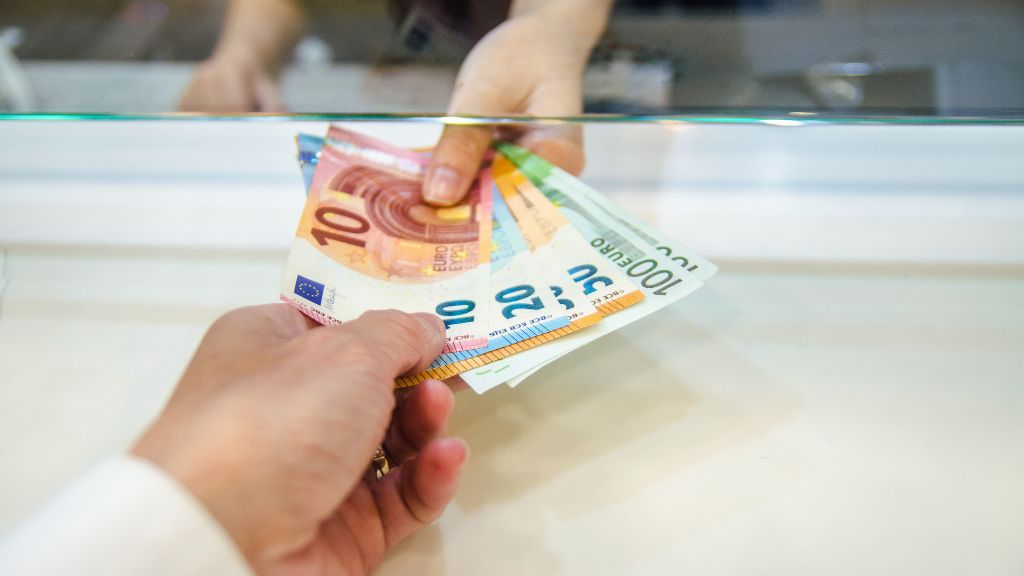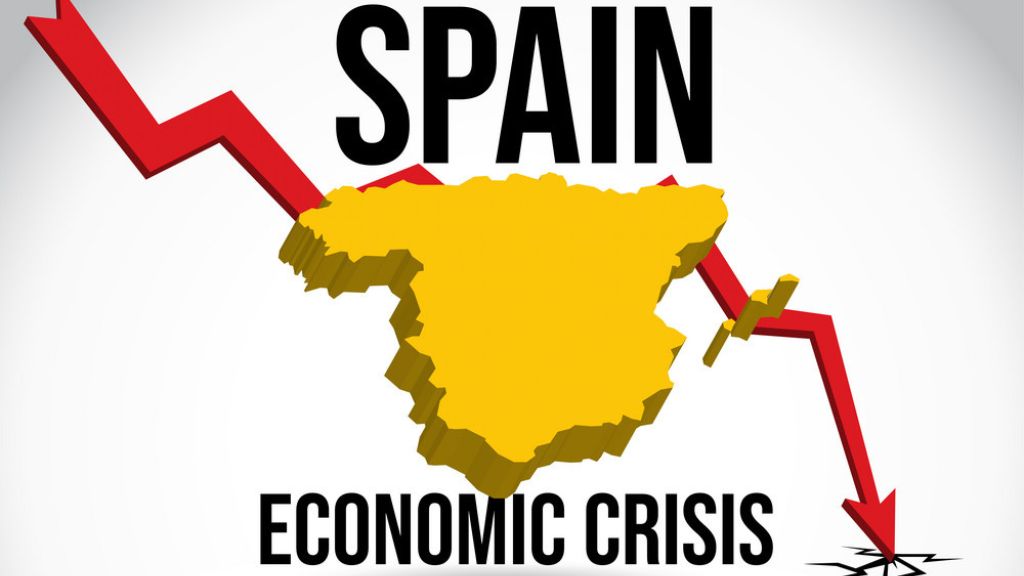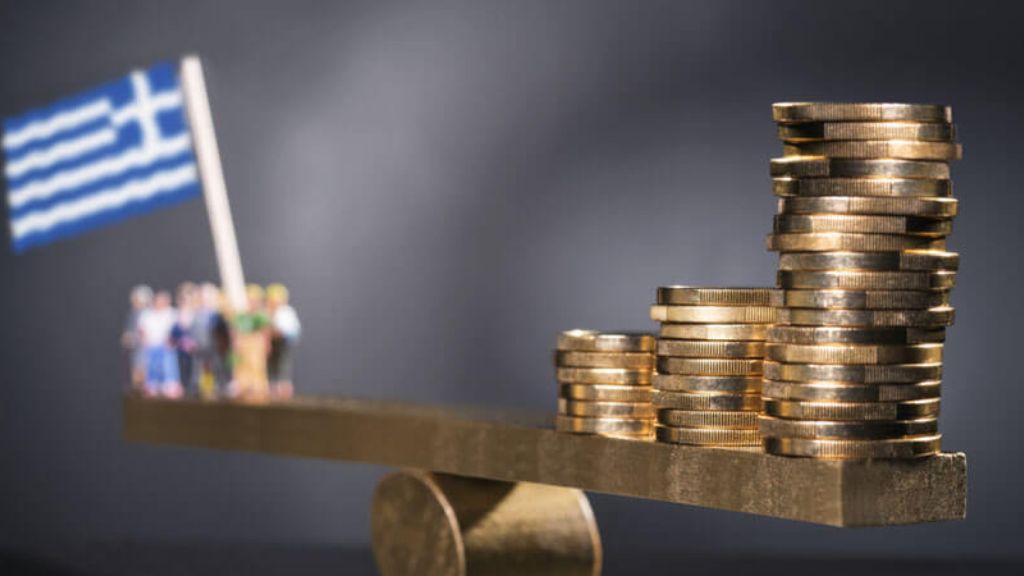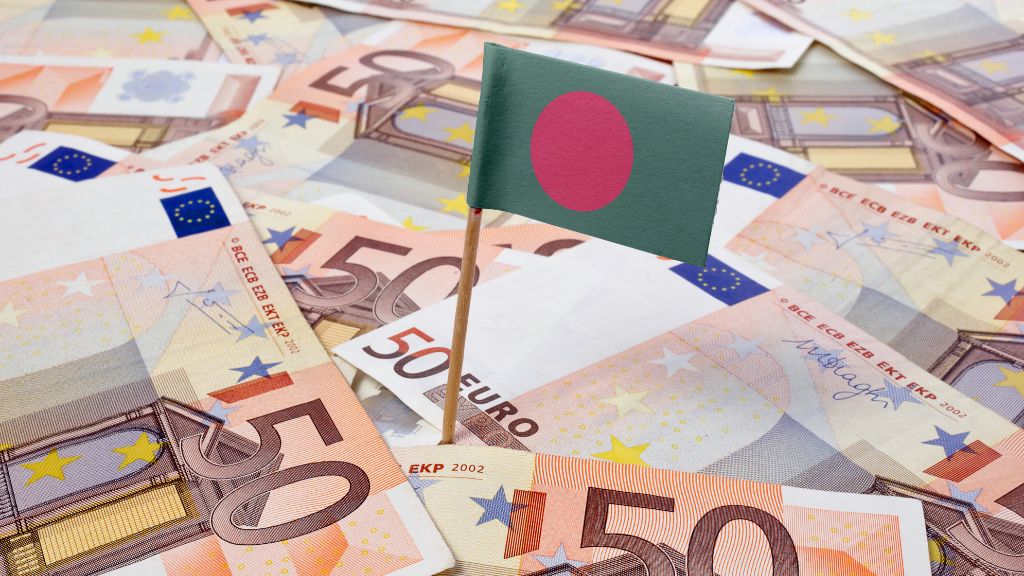| [button href=”https://bstandard.info/euro-currency-key-advantages-and-challenges/” type=”btn-info” size=”btn-md”]বাংলায় পড়ুন[/button] | [button href=”#” type=”btn-link” size=”btn-lg”]Researchers and Reporters: [/button][button href=”https://bstandard.info/english/author/fuad/” type=”btn-default” size=”btn-xs”]Tanjil Fuad[/button] [button href=”https://bstandard.info/english/author/isfaqul/” type=”btn-default” size=”btn-xs”]Isfaqul Kabir[/button] |
The euro is now the only currency used by 20 European nations that are members of the European Union (EU). Not only has this currency made economic activity easier for European nations, but it has also promoted trade, business, and economic integration between them. Along with the benefits of having a single currency, there are a number of drawbacks. Today, let’s examine the positive and negative aspects of the euro.
Advantages of the Euro
- Economic integration and expansion of trade
Trade between European nations has become significantly simpler since the adoption of the euro. The intricacy of currency exchange rates has been removed. Countries that use the euro can now conduct business directly in the same currency. It is not necessary to exchange currencies, for illustration, if you wish to export a product from Germany to France. As a result, investment has increased and operating expenses have decreased. Let’s say you are shipping clothing to Europe from Bangladesh. Transactions in each country used to require currency conversion. It costs money and time.
- The tourism industry’s advantages
Imagine spending a week in Europe. Previously, you would need to purchase separate currencies before entering each nation if you were traveling through France, Germany, and Spain. In addition to adding to the inconvenience, this would raise your trip expenses. However, all three nations currently utilize the euro. Because of this, you can purchase one euro to cover the whole vacation and avoid worrying about exchanging money. Each euro-using nation’s residents gain equally from this.

- Stability in prices
Think about it: individuals become disinterested in traveling or conducting business if a nation’s currency value fluctuates frequently. Because they have a powerful central bank (the European Central Bank), which strives to maintain the value of this currency, nations that utilize the euro are an exception in that regard. People can now work and conduct business in the euro area with peace of mind.
Challenges of the Euro
- Constraints in executing autonomous monetary policy
The monetary policy of Euro countries is no longer entirely independent. If Greece had its currency, for instance, it could have had the chance to devalue it during the economic crisis and boost exports. However, the use of the euro prevented them from doing so. Another example of this is the 2008–2012 Spanish recession, which had a significant negative impact on the country’s economy. Devaluation of their currency would have allowed them to increase exports and manage the problem. They were unable to do so, despite this, because the European Central Bank controls the currency’s value due to the adoption of the euro.

- The impact of different economic conditions
The economies of European nations are not all as strong. As an example, wealthy nations with strong economies, such as Germany, gain a great deal from adopting the euro. However, using the single currency presents challenges for nations like Greece and Portugal which have weaker economies. because they are unable to devalue their currencies if they want to boost exports. Greece could sell goods at a lower cost by weakening its currency if it had its own. Nevertheless, they do not profit from using the euro because the value of the currency is based on the regional economy as a whole.
- Limitations of crisis management
Utilizing the euro hinders member states’ ability to resolve their respective economic difficulties on their own. They must adhere to a unified policy, which frequently causes the crisis’s resolution to be delayed. The Greek debt issue, for the sake of example, took a long time to settle following EU regulations, which further damaged their economies.

The future of the euro
The euro is still one of the world’s strongest currencies at the moment. It is a monetary system that Europeans feel proud of. In her statement, European Commission President Ursula von der Leyen stated, “The euro is not just a currency, it is a symbol of our unity.”
Every day, its significance in international trade grows, and analysts predict that the euro may eventually pose a threat to the dollar. Given the European Union’s economic might and the growing use of the euro in cross-border commerce, the euro could eventually challenge the dollar. A digital euro, which the European Central Bank intends to introduce, will increase the euro’s competitiveness on a worldwide scale. The euro will, nevertheless, continue to be a significant international currency in the future, notwithstanding several obstacles.
Bangladesh and European Relations
For a nation like Bangladesh that depends heavily on exports, the European market is important. The Euro is a single currency that enables Bangladeshi exporters to conduct business in the same currency, saving time and money. The European Union is one of the biggest markets for Bangladesh’s ready-made clothing industry. As a result, business operations are simpler and more profitable.

Though some nations, including Sweden and Denmark, have chosen to maintain their currencies, the Euro is currently used by 20 EU member states. But these nations also conduct business internationally using the Euro. Europe’s economic unity and trade have advanced to a new level thanks to the Euro. Despite certain obstacles, the Euro can continue to be a successful currency in the long run. It is anticipated that in the future, the Eurozone will have deeper business ties with other nations, particularly Bangladesh.

Leave a Reply